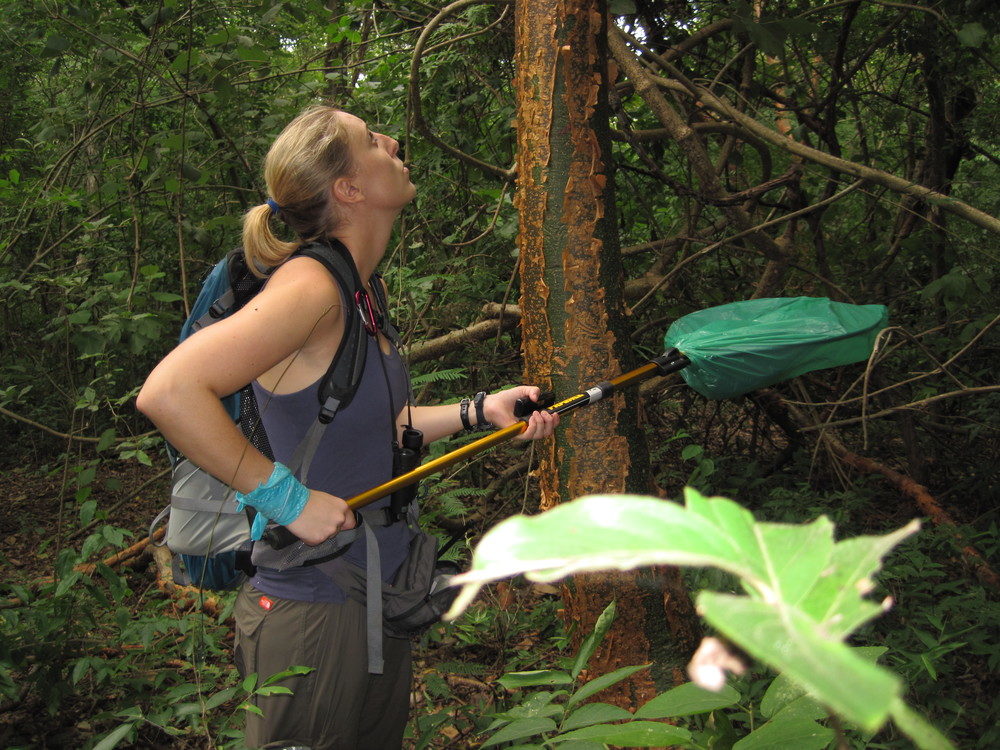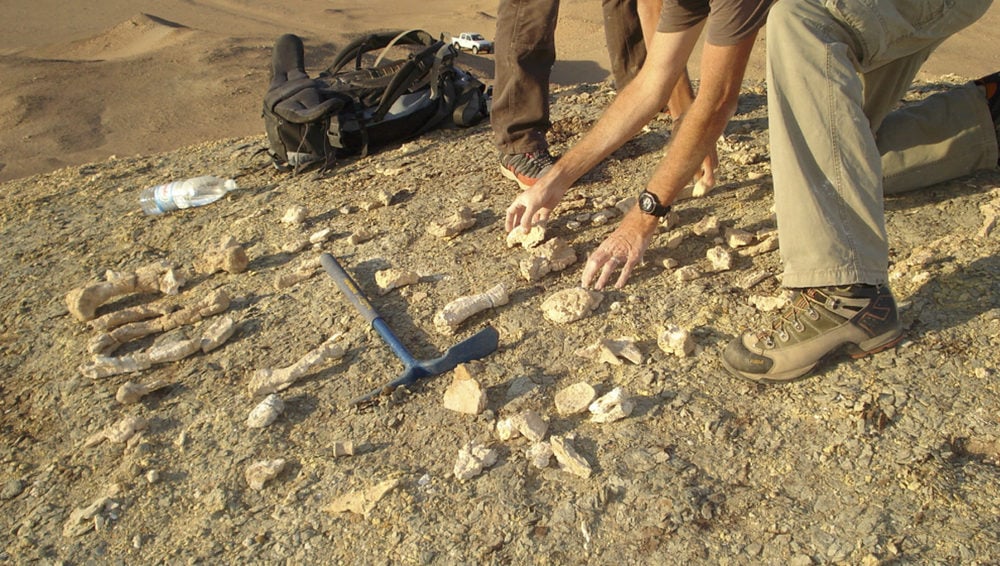Research Report
 Mackenzie Bergstrom
Mackenzie Bergstrom
For her PhD dissertation, Mackenzie Bergstrom of the University of Calgary studied 25 adult female capuchins living in three habituated social groups in a tropical dry forest in Sector Santa Rosa (SSR) of the Área de Conservaciόn Guanacaste (ACG) in northwest Costa Rica. To better understand how ecological and social variables affect the physical condition of these New World monkeys, the goals of this project were to document the dietary profile of these females, measure the extent of the seasonal variation in diet and nutritional intake, determine if seasonal variation in the availability of foods affects the physical condition of females and determine ecological and social correlates of energy balance and stress using urinary C-peptide and fecal cortisol.
 Female white-faced capuchins (Cebus capucinus)
Female white-faced capuchins (Cebus capucinus)
Bergstrom conducted 12 months of behavioral observations, phenological surveys and nutritional analyses of food items consumed, radio-immunoassays of urinary c-peptide of insulin as a measure of energetic condition, and enzyme-immunoassays of fecal cortisol as a measure of stress. In the report below she describes the results of her project, providing insight into behavioral strategies employed by females at varying reproductive states and social ranks in response to proximate ecological and social pressures.


